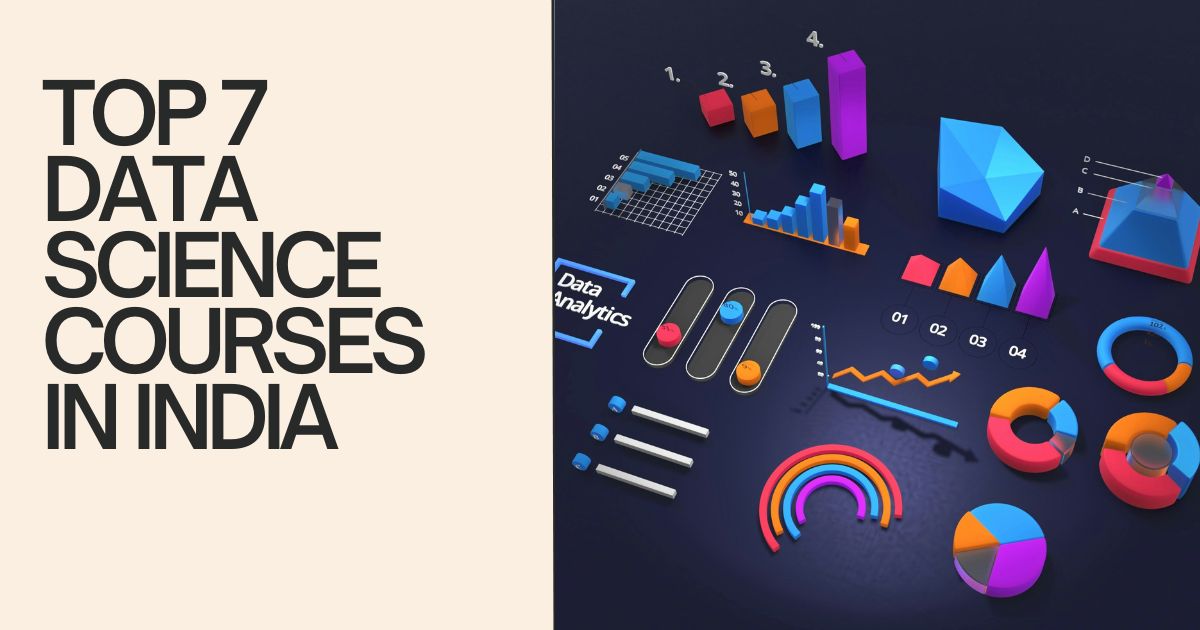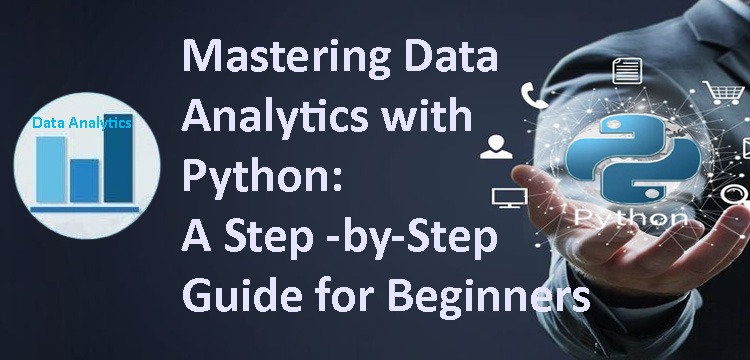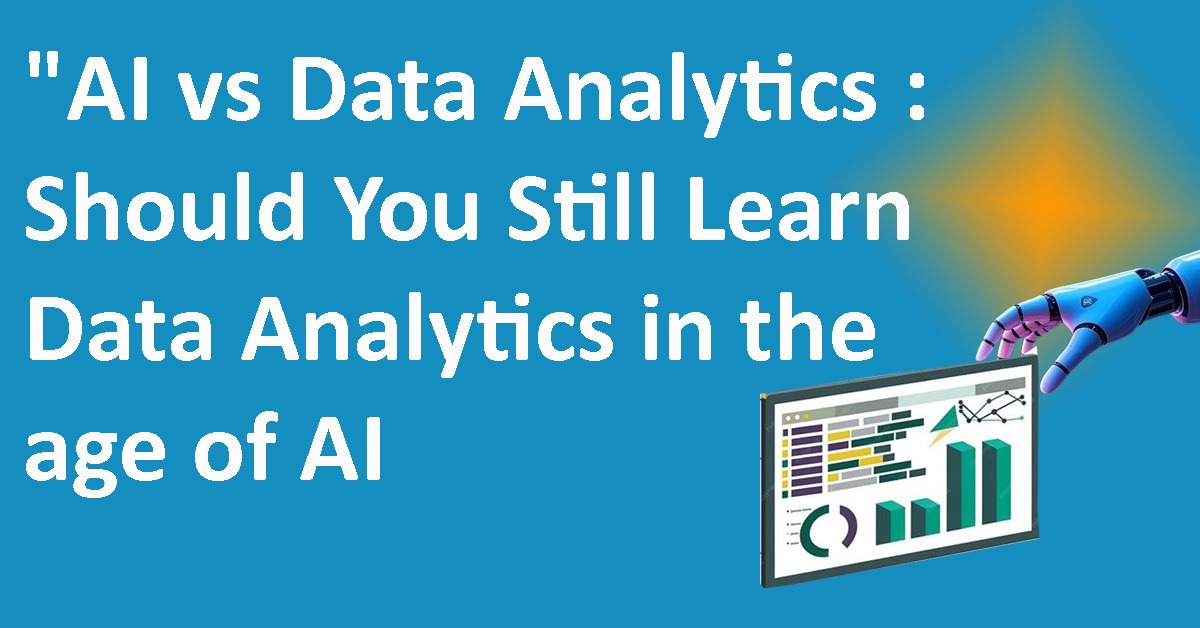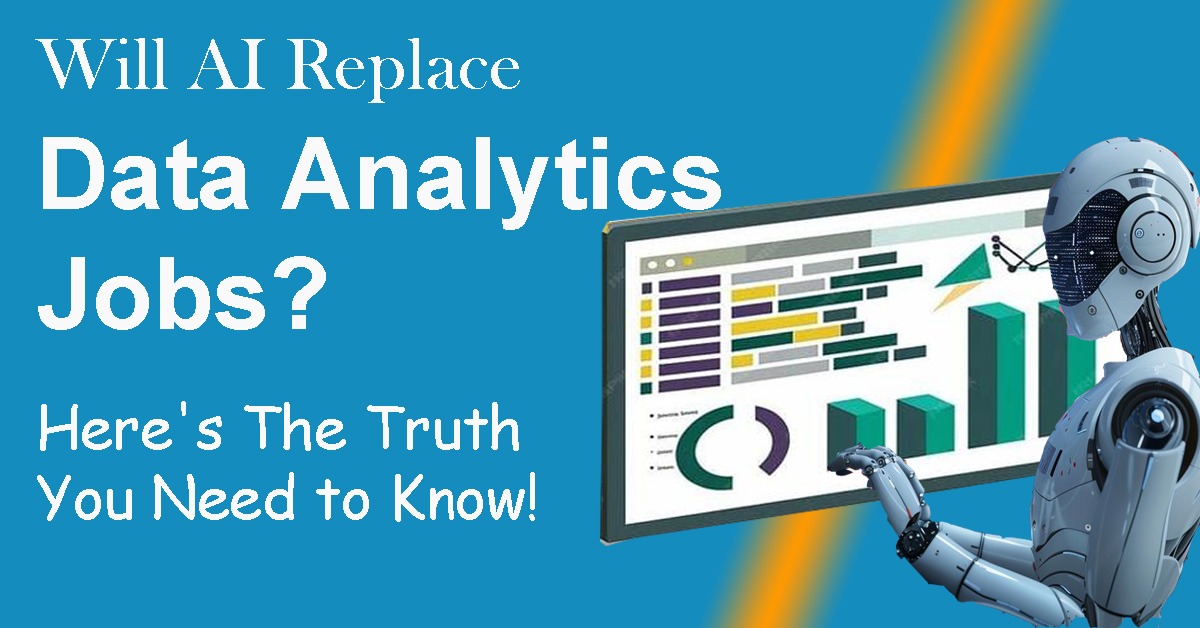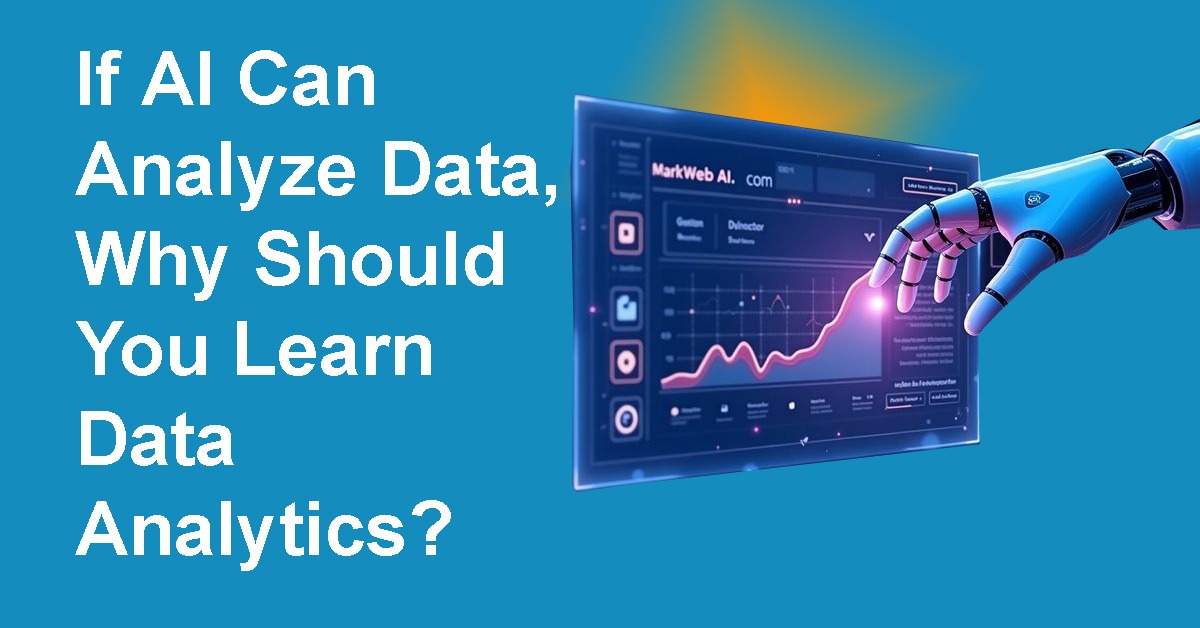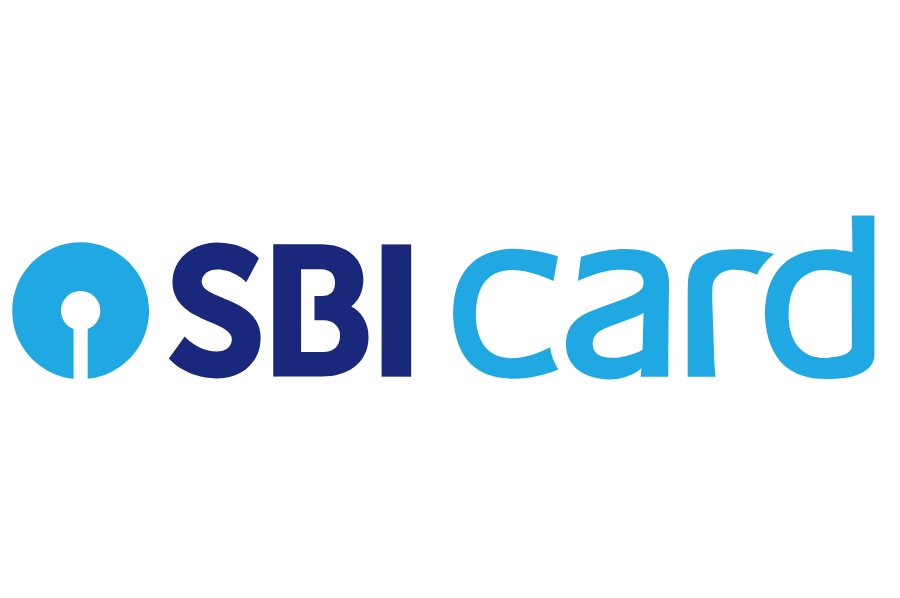Friendly Guide
If you’ve been exploring the world of tech, chances are you've heard the buzz around Machine Learning (ML). From Netflix recommendations to self-driving cars, ML is shaping our future. But have you ever wondered what makes it all tick? Enter Python—the undisputed king of machine learning programming.
In this blog post, we’ll dive into how Python is used in machine learning, why it’s the preferred language, and how you can get started today.
Why Python for Machine Learning?
Python’s popularity in machine learning isn't just hype. Here’s why:
- Simplicity and readability: Python’s clean syntax makes it easy to learn and debug.
- Extensive libraries: From data preprocessing to deep learning, Python has a library for every step.
- Community support: A vast global community means more tutorials, faster problem-solving, and constant innovation.
- Platform independence: Python works seamlessly across platforms like Windows, Linux, and macOS.
Core Python Libraries Used in Machine Learning
- NumPy
Essential for numerical computations. Think of it as the backbone for handling arrays, matrices, and mathematical operations. - Pandas
The go-to for data manipulation and cleaning. It helps you prepare data for training your ML model. - Matplotlib & Seaborn
These visualization tools let you understand your data through charts and plots. - Scikit-learn
The ultimate ML library. It offers algorithms for classification, regression, clustering, and more. - TensorFlow & PyTorch
These are deep learning frameworks used for building neural networks and complex AI models.
Real-Life Workflow: How Python Powers a Machine Learning Project
Let’s break it down:
1. Data Collection
You import your raw data using Python's libraries like requests, BeautifulSoup, or read CSVs with pandas.
python
CopyEdit
import pandas as pd
data = pd.read_csv('sales_data.csv')
2. Data Preprocessing
Missing values? Outliers? Python handles them like a pro using pandas and scikit-learn.
python
CopyEdit
from sklearn.preprocessing import StandardScaler
scaler = StandardScaler()
scaled_data = scaler.fit_transform(data)
3. Model Building
Choose your algorithm (e.g., linear regression, decision tree) from scikit-learn.
python
CopyEdit
from sklearn.linear_model import LinearRegression
model = LinearRegression()
model.fit(X_train, y_train)
4. Evaluation
Python lets you test accuracy, precision, recall, and visualize performance using matplotlib.
python
CopyEdit
import matplotlib.pyplot as plt
plt.plot(y_test, model.predict(X_test))
5. Deployment
You can use frameworks like Flask or FastAPI to turn your Python model into a web app or API.
Bonus: Python in Cutting-Edge ML
- Natural Language Processing (NLP) – Python powers chatbots, language translation, and sentiment analysis.
- Computer Vision – Tools like OpenCV and TensorFlow are used in facial recognition and object detection.
- Reinforcement Learning – Python libraries simulate environments where AI can learn by doing.
Getting Started with Python for ML
- Install Anaconda – It bundles Python with essential ML packages.
- Try Google Colab – It lets you run ML code in the cloud, no installation needed.
- Take Online Courses – Platforms like Coursera, Udemy, and freeCodeCamp offer structured paths.
Final Thoughts
Python has become the language of machine learning because it removes the technical barriers and lets you focus on the magic of models and data. Whether you're a beginner or a professional looking to upgrade your skills, learning Python for ML is a future-proof investment.


